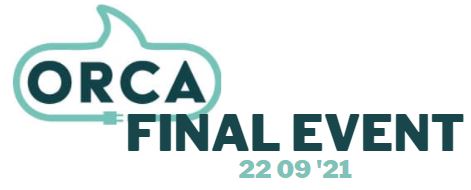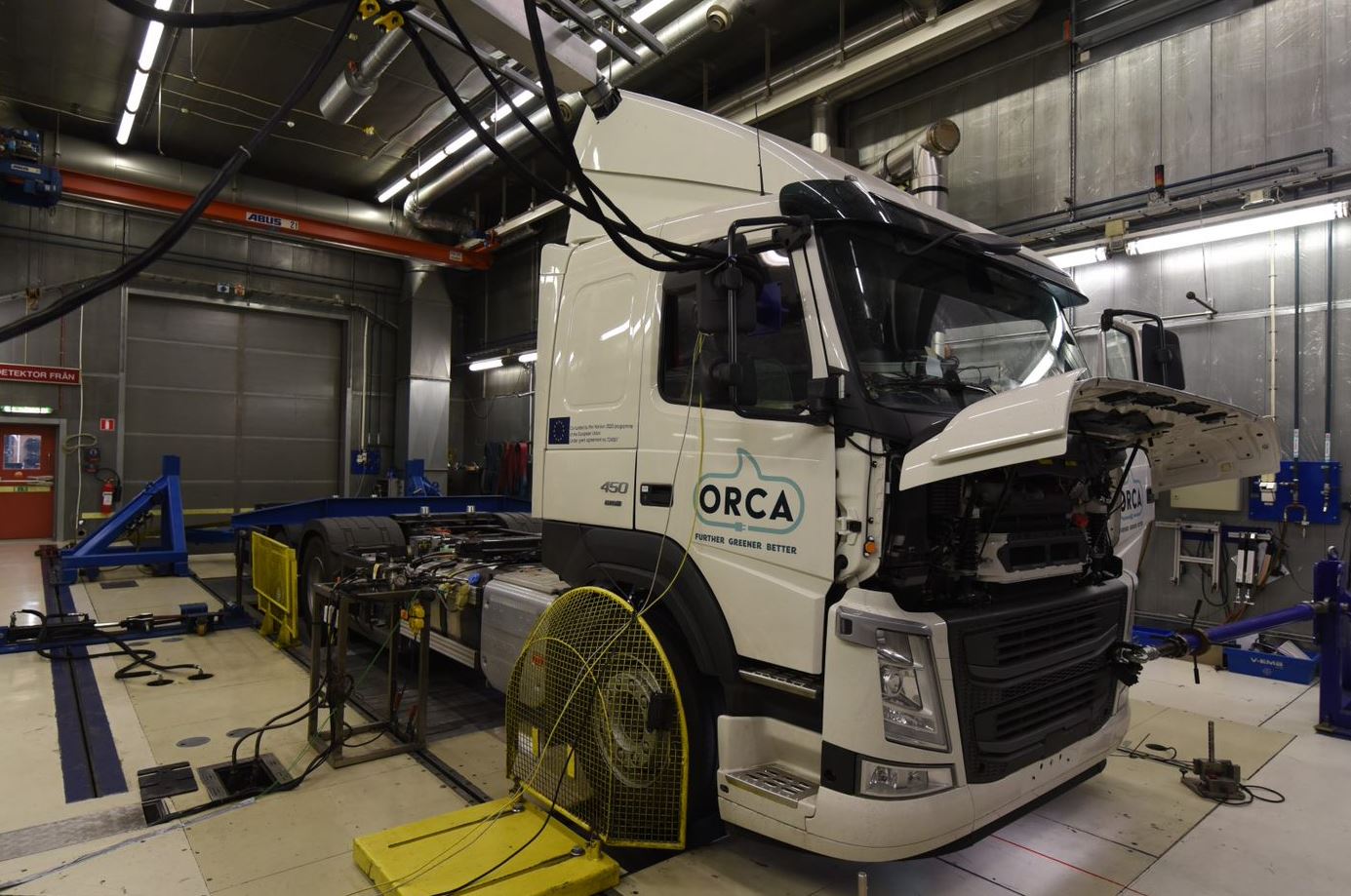The ORCA project aims to enhance the performance of European hybrid Heavy-duty (HD) vehicles. The better performance can be realized by overall objectives such as 10% reduction of system costs compared to actual IVECO bus and conventional VOLVO truck, 10% rechargeable energy storage (RESS) lifetime improvement, 40% fuel reduction, 50% ICE downsizing, 30 km achievable electric range. To achieve these goals, the vehicle powertrain its components need to be optimized for both design and control.
A virtual simulation framework has been developed by the VUB team (Omid Rahbari, Charlotte Goovaerts, Duong Tran) to enable simulation of the hybrid HD powertrain(s) with various configurations and component sizes. This is done to offer the capability of analyzing the potentially maximum fuel and the TCO reduction performance of the corresponding hybrid HD powertrains. Moreover, using the developed virtual simulation framework, an integrated optimal design approach is formulated to minimize the relevant HD powertrain TCO via optimizing the powertrain components size and control.
The developed simulation framework includes a library of relevant components for (hybrid) HD vehicles. The models of the different individual components and subsystems are defined according to the different physical properties. This powertrain components model is scalable regarding power and/or energy capacity level. Moreover, thanks to the interface standardization, the powertrain components can be easily integrated to form the hybrid HD vehicles model. The developed simulation framework plays a significant role for the development of the modular multi-level and multi time-scale energy management strategy, the TCO analysis and the Life Cycle Assessment (LCA) optimization framework. Furthermore, it will be used to verify the potential fuel reduction and TCO reduction of the hybrid multimodal bus and distribution truck.





